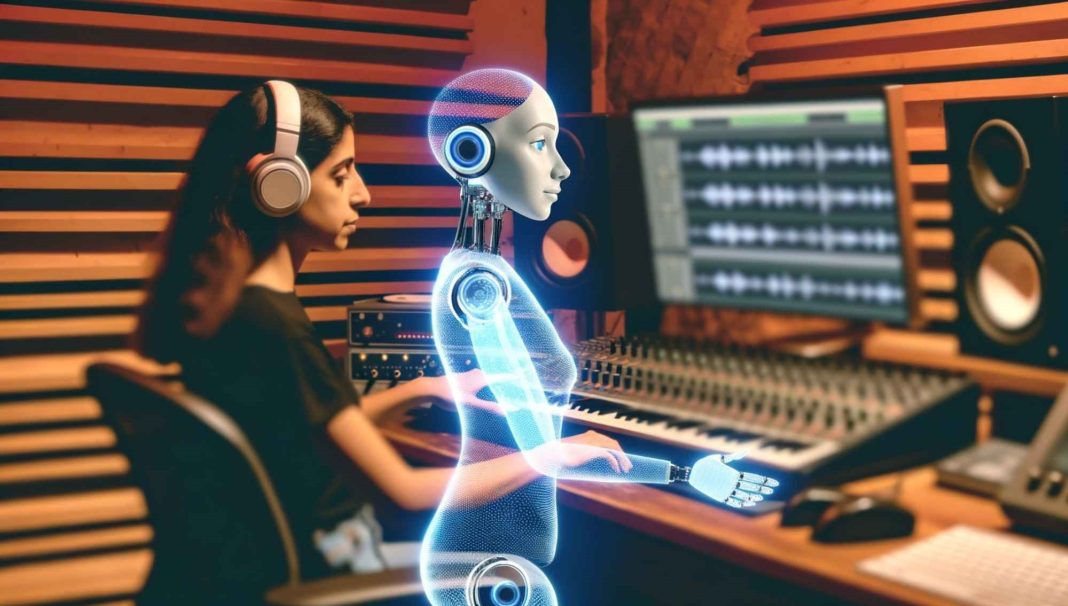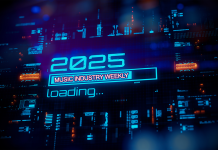As AI-generated music continues to grow, it is reshaping the legal landscape in the music industry, presenting unprecedented challenges in copyright, authorship, and licensing. With artificial intelligence becoming more capable of creating songs, the legal frameworks that have long protected human musicians now face serious questions about how—or even whether—AI music can be regulated and protected.
Copyright and Ownership: Who Owns AI Music?
One of the most pressing legal issues surrounding AI-created music is the question of copyright and authorship. Current copyright laws are structured to protect the intellectual property rights of human creators. This poses a problem when a machine produces music. In the U.S., for instance, works created without human input cannot be copyrighted under existing laws. This leaves AI-generated music in a legal gray area.
This creates challenges for both musicians and AI developers. If no copyright exists for AI music, who, if anyone, has the right to profit from it? Musicians whose works are used as training data for AI models face even more complicated questions. Concerns like whether their music is being used fairly or if it constitutes copyright infringement.
The Fair Use Dilemma
AI models often rely on vast amounts of data, including pre-existing songs, to generate new music. However, the use of copyrighted works to train AI models without permission from the original creators has sparked controversy. Some AI developers argue that this use of music for AI training falls under the “fair use” doctrine, which allows for the limited use of copyrighted material without permission for purposes such as education, research, or criticism.
However, artists and rights holders argue that fair use does not apply when AI systems are generating music for commercial purposes. The Recording Industry Association of America (RIAA) has filed lawsuits against AI companies. They were accused of using copyrighted music without proper licensing agreements. This is pushing the music industry into new legal territory, as courts now face the challenge of determining whether AI’s use of copyrighted material constitutes infringement or innovation.
Licensing and Ethical Concerns
Licensing remains a critical issue in AI-created music. For AI developers and music creators to avoid legal pitfalls, they need to secure proper licenses for the source material they use in their models. This includes obtaining licenses for musical compositions, sound recordings, and any public performances that might occur as a result of AI-generated music.
Major music labels are already responding to these challenges by sending takedown notices to streaming services that host AI-generated soundalikes. These are songs created by AI mimicking the style or voice of real artists. Labels argue that these AI-generated tracks violate the artists’ rights of publicity and copyright protection.
Moving Forward: Collaborative Solutions?
As AI becomes more integrated into music production, some in the industry are calling for a more collaborative approach. AI developers, musicians, and legal experts are beginning to explore ways to coexist within a legal framework that encourages innovation while respecting creators’ rights.
The European Union has started regulating this area with the EU Artificial Intelligence Act. This sets the stage for how AI-generated works can be used while protecting creators. In the U.S., legislative discussions are taking place, but a clear framework is still evolving.
Conclusion: The Legal Landscape in Transition
Music Industry Weekly recognizes that AI-generated music is transforming the music industry, but it also presents complex legal challenges. Questions of copyright, fair use, and licensing will continue to shape the conversation as technology advances. Navigating this uncharted territory will require careful attention to both innovation and legal compliance to ensure that the rights of all parties are protected.








